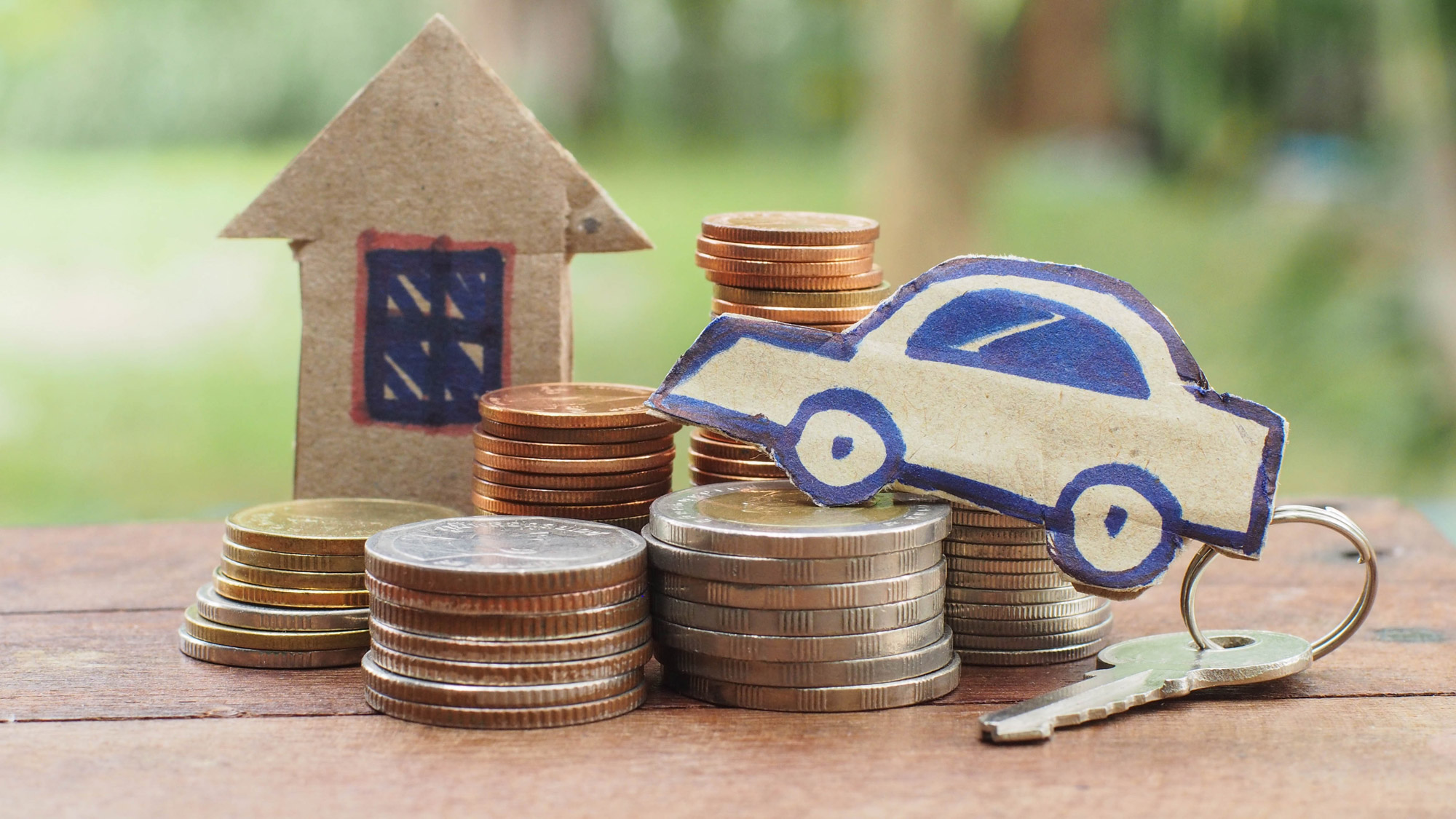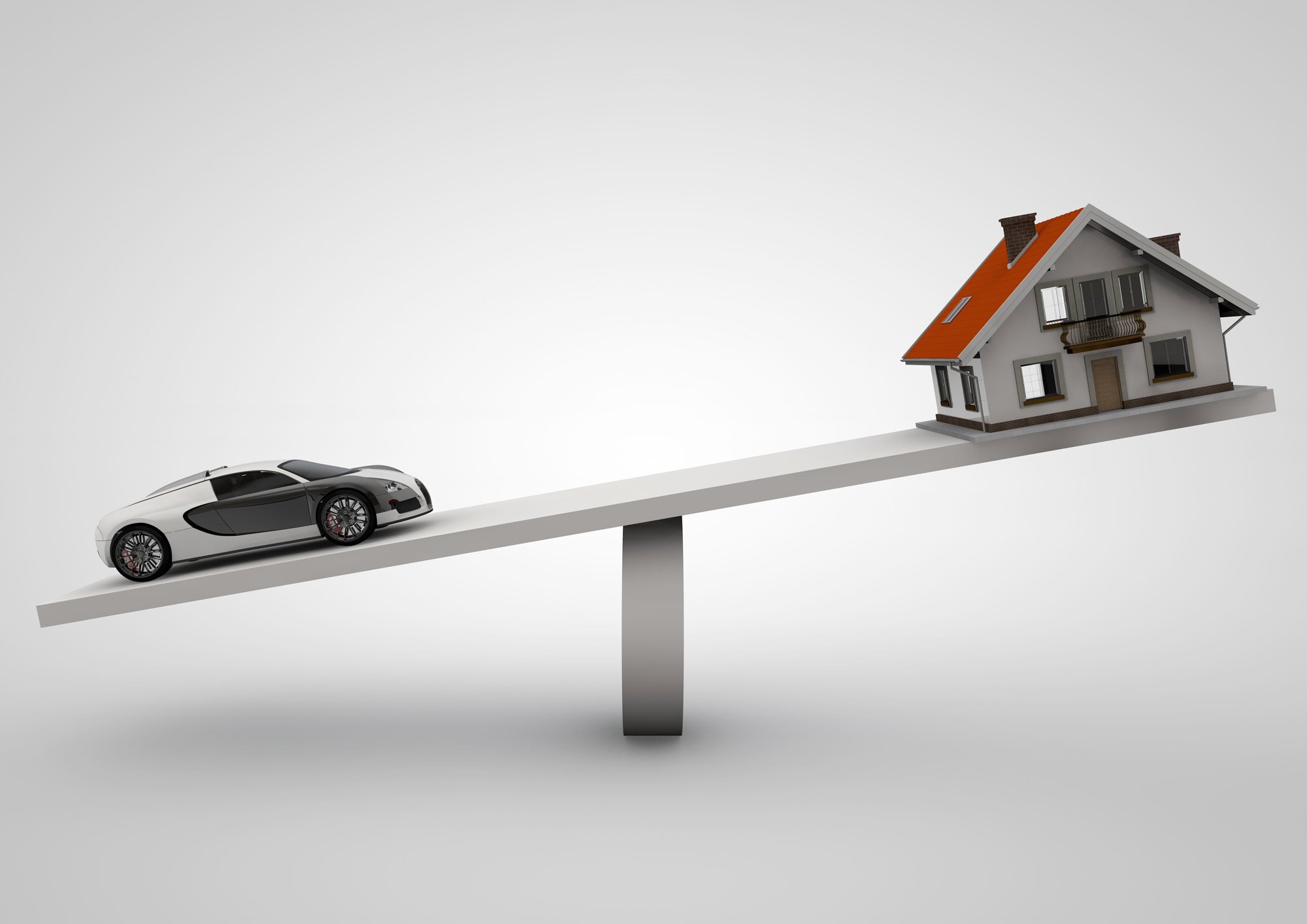I WANT
RELATED LINKS
I WANT
RELATED LINKS
RELATES LINKS
I WANT
RELATES LINKS
Services
Related Links
Use and Management of Cookies
We use cookies and other similar technologies on our website to enhance your browsing experience. For more information, please visit our Cookies Notice.
- Personal Banking
- Stories & Tips
- Home & Car
- Your first big purchase: car or home?
- Personal Banking
- ...
- Your first big purchase: car or home?
Your first big purchase: car or home?
19-07-2018
Soon after you begin to earn a salary, you might start dreaming how to spend it. For most people, the important thing to buy is a car or a home. But either purchase is probably a challenge because it is so expensive compared to what most of us earn or have saved. You probably won't have enough cash to buy it outright. Aspiring to ownership of a car or home usually means getting a loan and paying monthly installments.
Before taking out a loan, however, it's important to figure out your readiness and your personal goals. Getting a home or car will probably have drawbacks as well as benefits. So here are some points to keep in mind as you decide whether to proceed and how:
1. Can you afford it?
It's crucial to assess how much you can afford to devote to installment payments each month. Start by figuring out your monthly income and expenses. Keep in mind that you'll have several new expenses after purchasing a car or house:

- Cost of acquisition : Calculate the down payment, loan principal and interest carefully. Can you really afford the monthly installment? Your total installment payments should not be more than 40 percent of your income. For example, if you earn a salary of 30,000 baht, you would be able to pay installments of no more than 12,000 baht per month. And your readiness will also depend on your other debt obligations and expenses.
- Cost of ownership : When you buy a home or a car, soon you'll have a number of new expenses to take care of. For a home, you'll need to pay for maintenance as well as common area fees in a condo building. For a car, you'll pay for maintenance, fuel, insurance and parking. Add up these expenses and figure out how much they will cost per month.
Your calculations might show that your net income is just too small to shoulder such a big purchase. Then it's time to consider whether you should try to increase your earnings or reduce your other debts or expenses. Perhaps it's better to buy a more affordable asset that's appropriate for your financial status and repayment ability?
2. What do you need most and first?
You should prioritize your asset purchase plan according to need. Make a checklist to help think more clearly about the pros and cons.

- What do you already have? What do you lack? Your real needs might be different from those of your relatives, friends and colleagues. If you live with your parents and don't plan to marry, perhaps you need a car more than a home? If you'll get a hand-me-down car from your parents and you plan to get married and raise children, then it's time to think about buying a house.
- How will it benefit your daily life? If you drive to work and travel a lot, then owning a car will make things easier. If your workplace is nearby or easy to reach by mass transit, then getting a home might be more advantageous. Please bear in mind that you might change your place of work someday, so think ahead to make the right decision.
- How will it benefit your personal finances? If you are single and living on your own, you might face a choice between renting a home and buying a car on the one hand, and using mass transit and buying a home on the other. Which is better? You might think it's better to get a car first, since it will help you commute and earn a living as you save up for a home. You might decide, however, that buying a car won't really help you increase your income or reduce your monthly financial burden. Instead, it will weigh you down with an asset that depreciates rapidly. Then it might make sense to opt for buying a home, since its price is likely to rise. The sooner you get one, the more you'll gain.
In all these considerations, the important point is to figure out whether you can repay a loan without excessive strain. If you can, then you should decide which you need more. Is it a home or a car? Which is more useful? Which will provide greater financial value? Think carefully to make the right decision for your first big-ticket purchase.
